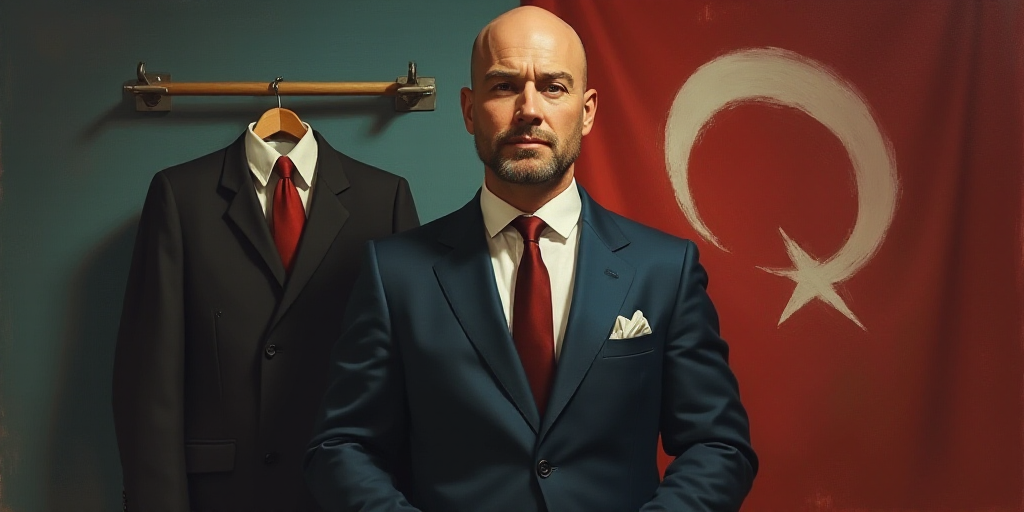Background on Key Figures and Context
The European Union has revoked the visa of Brazilian Judge Alexandre de Moraes, who is leading a case against former President Jair Bolsonaro. This decision comes after Moraes ordered the use of an electronic ankle bracelet on Bolsonaro, accusing him of attempting a coup. The move has sparked controversy and raised questions about judicial independence and political motivations.
Who is Alexandre de Moraes?
Alexandre de Moraes is a high-ranking judge at Brazil’s Supreme Federal Court (STF). He has been a central figure in several high-profile cases, including those involving political corruption and freedom of speech. Moraes has been criticized by some for his aggressive pursuit of cases against political opponents, leading to accusations of bias and overreach.
Who is Jair Bolsonaro?
Jair Bolsonaro served as the President of Brazil from 2019 to 2022. Known for his far-right views, Bolsonaro has been a polarizing figure both domestically and internationally. His presidency was marked by controversial policies, including environmental deregulation and attacks on democratic institutions. Bolsonaro has been accused of attempting to undermine Brazil’s democracy and has faced multiple legal challenges since leaving office.
EU’s Decision and Its Implications
The European Union, under the leadership of US diplomacy chief Marco Rubio, has decided to revoke Moraes’ visa. This action is seen as a response to Moraes’ aggressive pursuit of cases against Bolsonaro, with critics arguing that it amounts to a “witch hunt.” The revocation of Moraes’ visa highlights concerns about judicial independence and the potential politicization of Brazil’s legal system.
Marco Rubio’s Role
Marco Rubio, a prominent US Senator and Chairman of the Senate Foreign Relations Subcommittee on the Western Hemisphere, Emerging Threats, and International Organizations, has been vocal about human rights concerns in Brazil. His announcement of Moraes’ visa revocation underscores the international community’s growing unease with the situation in Brazil.
Key Actions and Ideas
- Visa Revocation: The EU has decided to revoke the visa of Brazilian Judge Alexandre de Moraes.
- Judicial Overreach: Critics argue that Moraes’ actions against Bolsonaro represent an overreach of judicial power and a “witch hunt” against political opponents.
- International Concern: The decision reflects growing international concern about judicial independence and political motivations within Brazil’s legal system.
- Marco Rubio’s Involvement: The US diplomacy chief played a key role in coordinating the EU’s decision, highlighting the transatlantic partnership on human rights issues.
Key Questions and Answers
- Who is involved in this situation? Brazilian Judge Alexandre de Moraes and former President Jair Bolsonaro are central figures in this controversy.
- What is the EU’s stance? The European Union, under the influence of US diplomacy chief Marco Rubio, has revoked Moraes’ visa in response to concerns about judicial overreach and political motivations.
- Why is this significant? The revocation of Moraes’ visa highlights international concerns about judicial independence and the potential politicization of Brazil’s legal system.
- What are the potential consequences? This decision may further strain relations between Brazil and the international community, raising questions about the future of democracy and human rights in Brazil.






